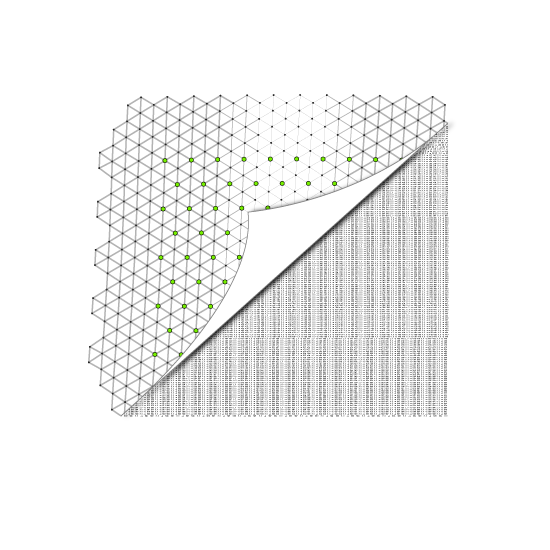Created by Geoffrey House and Matthew Hahn (Indiana University)
The msLandscape toolbox consists of the stand alone R package msLandscape as well as Python and bash shell scripts. All of them work seamlessly together so you can focus on creating the landscape you want to simulate.
Download and install msLandscape from GitHubFor an overview of what msLandscape can do and how to use it to generate and simulate custom landscape shapes, see the guide here: msLandscape tutorial.
For a tutorial about how to create layered composite images of multiple input images (e.g. SpaceMix, EEMS, or un-PC results from different scenarios) that allow direct comparisons between them, see the guide here: msLandscape layer images tutorial.
For more detail about the msLandscape workflow and how it easily interfaces with downstream analysis programs to infer patterns of past migration across the landscape, including unbundled principal components (un-PC), see the schematic diagram here: msLandscape workflow.
To run msLandscape, you will need to have three things installed on our computer (and it makes it easier if they are on your $PATH.) They are (with links):

Above: msLandscape makes it easier to use ms for landscape simulations by automatically creating and editing the contents of the underlying ms flag file (base layer) and then plotting the resulting lansdcape (overlay), so you can focus more on building the landscape configuration you want.